Photo

{This user doesn’t know who they would be without their trauma}
1K notes
·
View notes
Photo
BIG TIME

this user has complex post traumatic stress disorder
7K notes
·
View notes
Photo
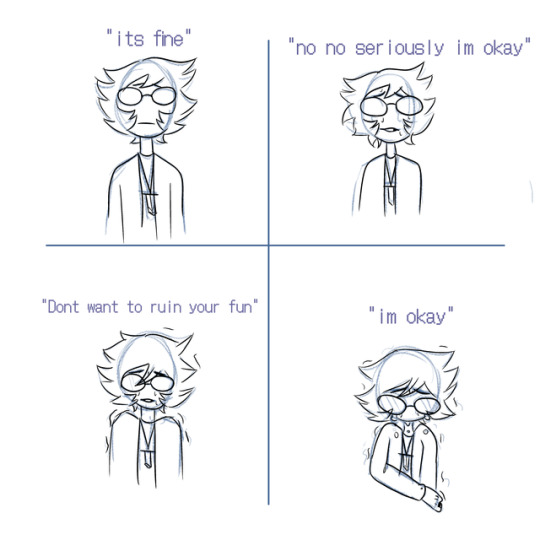
Recovering is hard
Letting people know you’re hurting is harder
969 notes
·
View notes
Text
They always "move the goalposts" Creates cognitive dissonance & is crazy-making bullshit!

living with an abuser is so ridiculous, no matter how many good points you make or how eloquent you are or how calm or how quiet you keep your voice you cant /win/ because the abuser always has the upper hand and when you rise to their level or shout back or defend yourself youre “just as bad as them” or “youre their abuser too!!” you just.. can never win.
3K notes
·
View notes
Text
that ptsd feel when u remember something and have to suppress the urge to scream ur fucken lungs out
626 notes
·
View notes
Photo
I may take that back, 5:26am *may* be worst time for insomniacs 😩
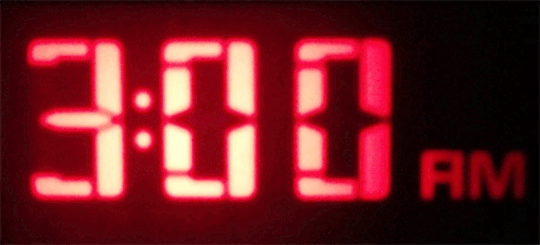
Worst time of day for insomniacs
Out of sleeping pills
FMLx10000
😳😑🌚
1 note
·
View note
Text
I want to add things but my spoons are -1000 right now. Great post though, really gives a good overview

C-PTSD Symptoms
Complex Post-Traumatic Stress Disorder is a type of PTSD that is caused by severe, repeated trauma, such that involves captivity, manipulation, and entrapment. It is trauma that is long-term and involves an inability for escape. This trauma occurs long enough to deform one’s sense of identity and self.
There is no mandated list of criteria for C-PTSD in the DSM-5, but there are six clusters of symptoms that are currently used for diagnosis. These major, core symptoms of C-PTSD are:
Emotional Dysregulation - This involves severe mood swings/dysphoria, impulsive behaviour, self-harm, and suicidal preoccupations. This could result in explosive anger, or extremely inhibited anger, or both. It could also result in either compulsive or extremely inhibited sexuality (i.e. hypersexuality or sex repulsion/trauma-induced asexuality, or both.) This also involves difficulty expressing and communicating emotions.
Consciousness Instability - Forgetting traumatic events or reliving them is a part of a struggle with consciousness. Sometimes reliving trauma can be either through intrusive thought, or preoccupation with the trauma. This also involves dissociation, which can cause severe consciousness interruption and memory gaps.
Self-Perception Issues - The trauma that causes C-PTSD messes with the ego, so its symptoms results in a skewed perception of self. One might feel helpless, full of shame and guilt, like a constant victim or a horrible person, feel defiled and disgusting, and/or believe they are completely separate from other human beings altogether.
Distorted Views of the Perpetrator - Becoming preoccupied with a perpetrator, whether it’s allotting total power to them, developing a preoccupation with them (such as revenge or seeking to find others exactly like them), or clinging onto the idea of being special to the perpetrator, would all be examples of distorted views.
Struggle With Interpersonal Relationships - Avoidance, distrust, paranoia, a sense of inability to connect with others. One with C-PTSD might also be constantly searching for a ‘saviour’ figure, and could also go to great lengths for self-protection.
Loss or Change in System of Meanings - The beliefs one held before trauma changing or going away completely, such as religious faith, or one being succumbed with despair or feeling like there is no hope.
Outside of the six clusters of general symptoms, the other symptoms often associated with C-PTSD are:
Revictimization - Those with C-PTSD are particularly vulnerable to abuse and exploitation. Many will be revictimized if they are not taught how to read red flags, as those with C-PTSD may seek to relieve trauma without realizing it because they don’t know anything else.
Hypervigilance - Increased anxiety and sensory input will make the survivor hyperaware of everything in their environment. This may result in paranoia, in extreme jumpiness, etc. Someone with C-PTSD will be constantly feeling like they are in a dangerous situation, and thus be hypervigilant due to that. (This may cause someone to be constantly in fight mode, or flight mode, or freeze mode, etc.)
Unexplained Physical Symptoms - Hypervigilance exhausts the body. This is what most professionals believe leads to chronic pain, gastrointestinal issues, headaches, nausea, chest pain, and various other physical symptoms that range from mild to severe. This pain cannot be explained by other existing medical conditions.
Dissociation - Degrees of dissociation range. It is common for those with C-PTSD to deal with chronic dissociation, which can lead to emotional numbness, feeling unable to focus, inability to connect to one’s identity or reality (depersonalization and derealization), and memory loss. To a severe degree, it may result in identity splitting, which would lead to comorbidity with Dissociate Identity Disorder.
Substance Abuse - It’s not uncommon for those with C-PTSD to struggle with substance abuse, whether it’s alcohol, drugs, smoking, etc. Some may also use sexual contact in the same way.
Attachment Issues - C-PTSD can cause various problems with attachment, including hyperempathy or a lack of empathy, an inability to accurately perceive other people’s motives, isolation, seeking out codependency, feeling unable to depend on others at all, and not knowing where personal boundaries lie for themselves or others.
Cognition Problems - Executive dysfunction, inability to pay attention, communication problems, sensory overload, object impermanence.
13K notes
·
View notes
Photo

Worst time of day for insomniacs Out of sleeping pills FMLx10000 😳😑🌚
#insomnia#can't sleep#sleeping#insomniac#teamnosleep#it's 3am#fml fml fml#medication#whatisrealityanyways#cptsd#dissociation#anxiety#actuallyinsomnia#actuallymentallyill#actuallytraumatized#actuallycptsd#actuallydissociative
1 note
·
View note
Photo
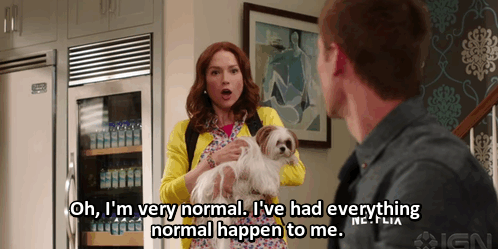
How I react to meeting new people before I know if they are neurotypical or not
#actually cptsd#cptsd#cptsd problems#dissociation#anxiety#trauma#mental illness#arachnoidcyst#narcissistic abuse#psychiatric survivor#fuck normal#actually dissociative#actually traumatized#actually anxious
0 notes
Text
Why The Fuck Am I Still Awake: An Autobiography
2 notes
·
View notes
Text
I can't tell you how relieved I am that I'm not alone in this! So much for "working through" literally anything. I'm way too distracted by the pattern on my therapist's carpet

How to therapy
Before therapy: okay I’m gonna compile this list of things I want to discuss and some of these are tough issues, but we can do it!
At therapy: jk lol I’m busy dissociating, I have no idea what we are talking about. Nice ottoman
4K notes
·
View notes
Text
So much this. 💜
Dissociation is so weird because half the time i’ll dissociate as a coping mechanism to deal with some kind of stressful event, and the other half of the time i’ll just be chillin eating some pancakes and my brain will be like “u aren’t real and neither are these pancakes” and I’m just like “ok”
108K notes
·
View notes
Photo
Discovering all of the INFP / C-PTSD / Dissociation / Insomnia / Narc Abuse Blogs (I'm new to Tumblr) & its got me like... 😭😅🤗

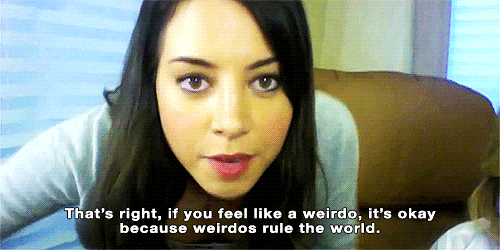
1K notes
·
View notes
Photo

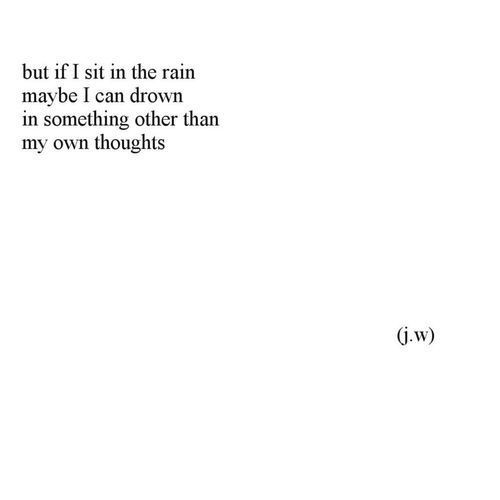
⚓️ Message me whenever you want. I’m always here if you wanna talk. ⚓️
4K notes
·
View notes


